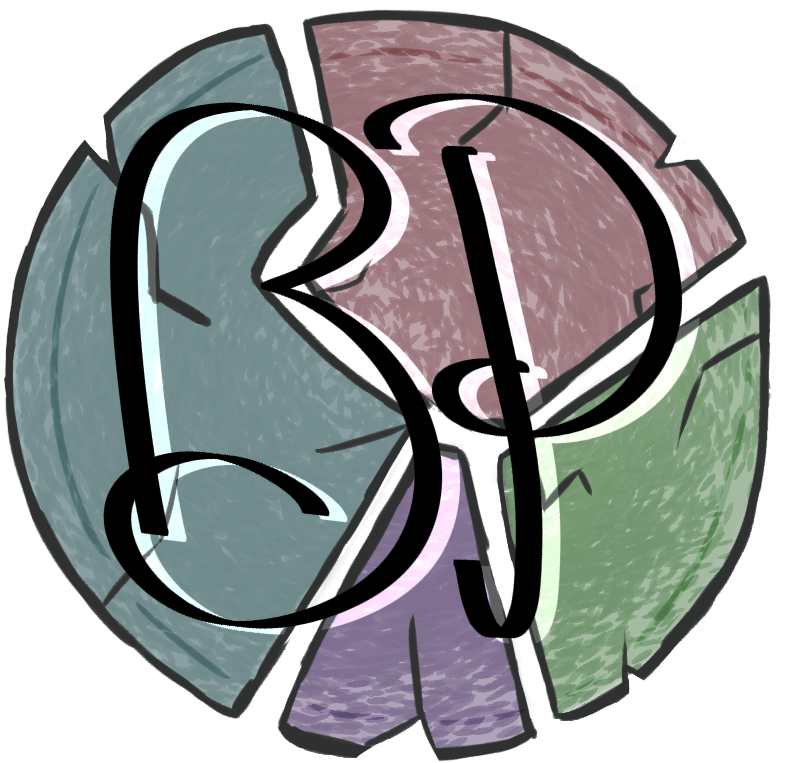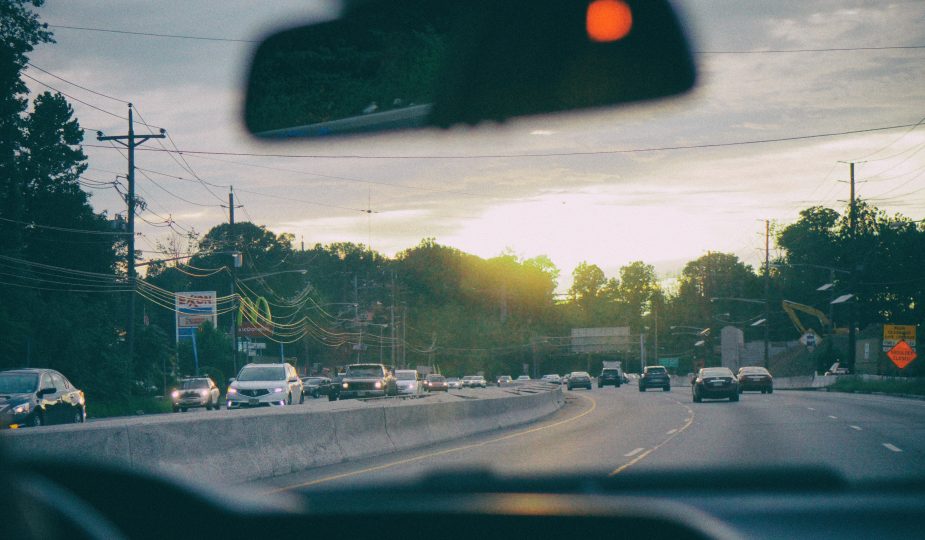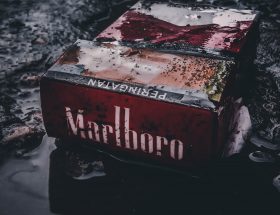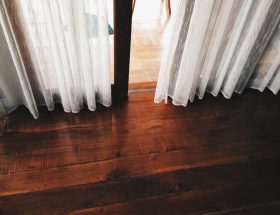Ashley Burns is the Assistant Managing Editor of The Broken Plate 2021. She is currently majoring in English Literature and minoring in Marketing and Professional Writing and Emerging Media. In this post, Ashley provides commentary on Levi Todd’s poem “Another Boyman Shouts ‘Faggot’ at Me from His Car,” which was previously published in our 2018 issue of The Broken Plate.
Another Boyman Shouts “Faggot” At Me From His Car
by Levi Todd
and I’m like Who, me?
and I’m like Maybe
and I’m like When I kissed that boy I ran down the hall with permission
/ dribbling down my chin / then I woke up sober to do it
again
and I’m like And I’d do it again
and I’m like Want to find out?
and I’m like I can feel the Arctic spooling / from your lungs and I don’t
want you / getting pneumonia
and I’m like I want to house that word in this poem / to describe bundles
of sticks / take back the authentic definition and preach
/ strength in numbers
and I’m like But all it means now / is the absence of people / between
your car and me / you’ve claimed it already
and I’m like So I’ll let you keep it
and I’m like It’s not your fault you open your throat and wasps come out
and I’m like There’s a wasp’s nest / in our community garden that no one
knows / how to move safely / so we haven’t yet / so I get it
and I’m like I’ve seen your face before
and I’m like It’s moonless tonight and you’ve had a few drinks
and I’m like I have been in moonless places before with men / thirsty
/ for something they can break / open and nurse from
and I’m like and apparently you’re a man / too
and I’m like Your mouths are echo chambers / of the same god-fearing hymn
and I’m like I’ll bet one day your daddy put you down / and you were never
held again
and I’m like Maybe I look untethered on my bike / inhibition a suit coat that
does not fit
and I’m like I’m staying in my lane / but I’ll cross over if you need me / to
and I’m like Shed the sandpaper
and I’m like Ditch this grit
and I’m like Just watch the road
and I’m like before you wreck us both, honey.
I stumbled across this piece randomly, while aimless scrolling through past issues and waiting for something to stand out.
Like it usually does, the word “Faggot” did exactly that.
For the 2021 issue, our team took precious time out of our reviewing schedule to reconsider and rewrite a mission statement for The Broken Plate. What does it mean to be broken, we wondered, what does it mean to be pieced back together into something more? We decided that this is what our journal does – refuse to ignore the pain so many people are going through as a result of illness and bigotry because to do so would be neglecting the purpose of a literary journal, even of literature in general. Art reflects the humanity that creates and consumes it, after all.
Todd’s piece manages to reflect a pain and a bigotry and a genuine human response to both. It reminded me of our mission this year first because of its language – the structure of the poem is held together by the repeating line “and I’m like”, a commonly repeated colloquialism among millennials and Gen Z’s when relaying a story to a friend, and thereby effectively pinning it to the 21st century and the brokenness we have felt during it. However, the language also manages to transcend a time period with its poetic symbolism and imagery. Every generation can relate to being on the receiving end of someone who will “open their mouths and wasps come out” for one thing or another.
However, it was these lines that made me pause, reread, and stare for a minute at the title, remembering a mission we are so keen on considering in this year – of brokenness and the community it builds –
“And I’m like I have been in moonless places before with men / thirsty / for something they can
break / open and nurse from
And I’m like and apparently you’re a man / too”
In two lines Todd manages to share a piece of their brokenness, of the damage other people can cause, and then, suddenly build a connection with the ignorant stranger that reminded them of that pain. This, in my opinion, is all that The Broken Plate is trying to share with its readers.




